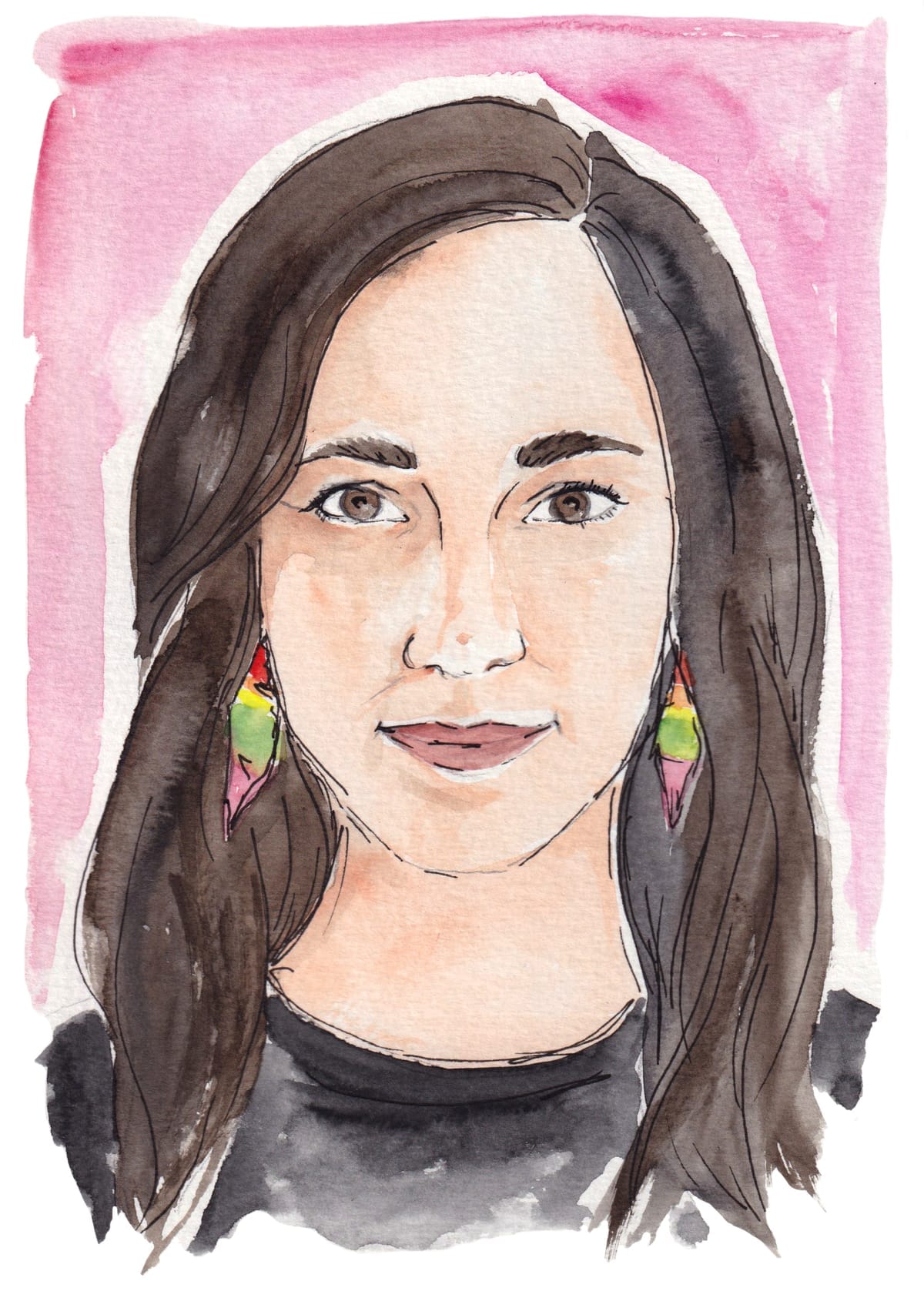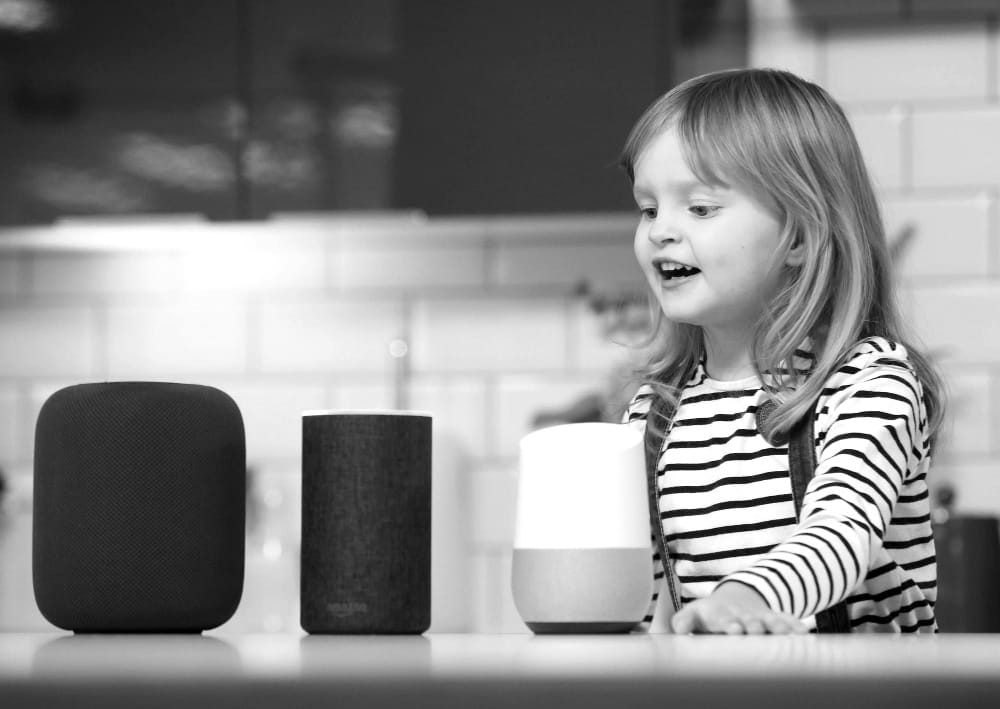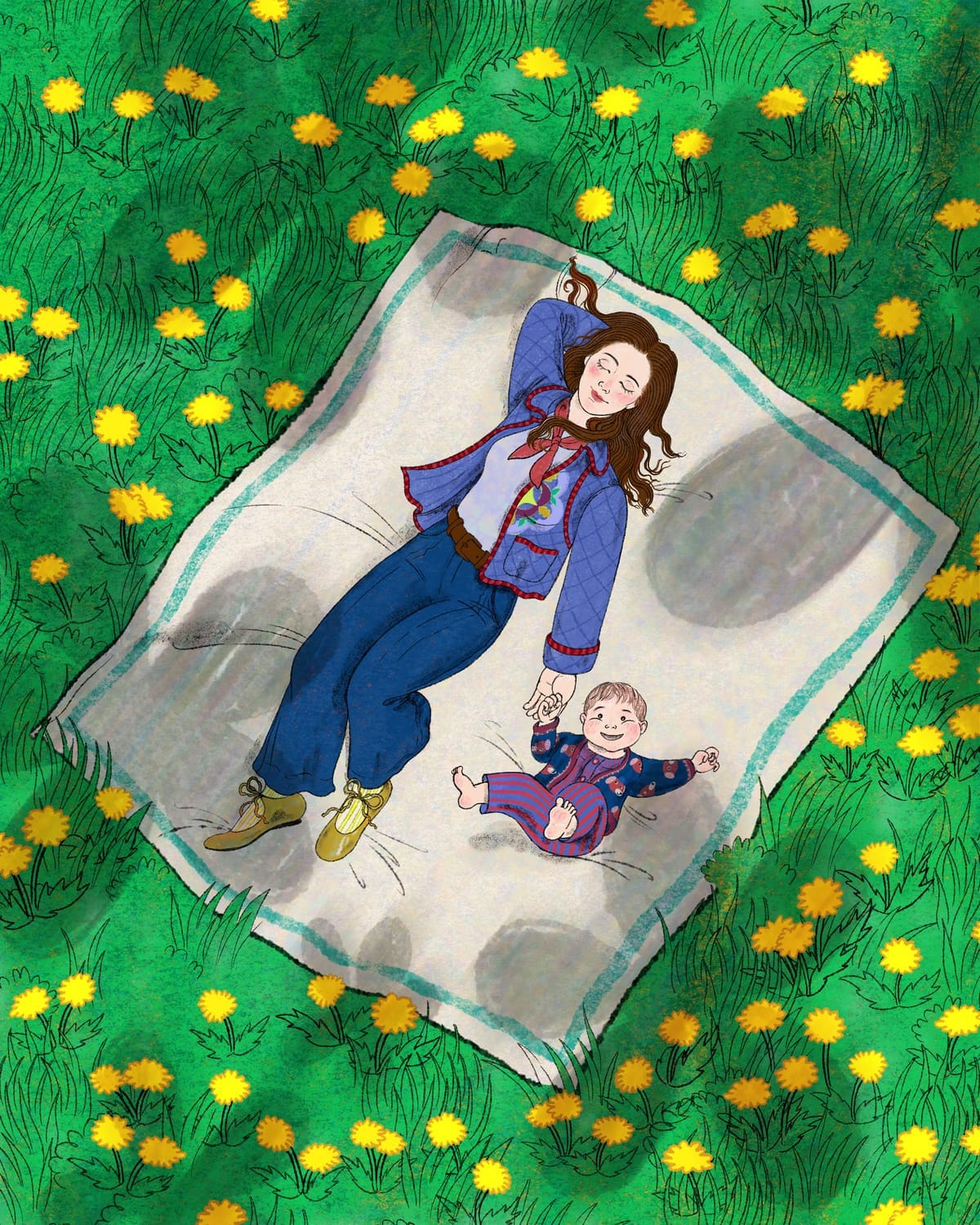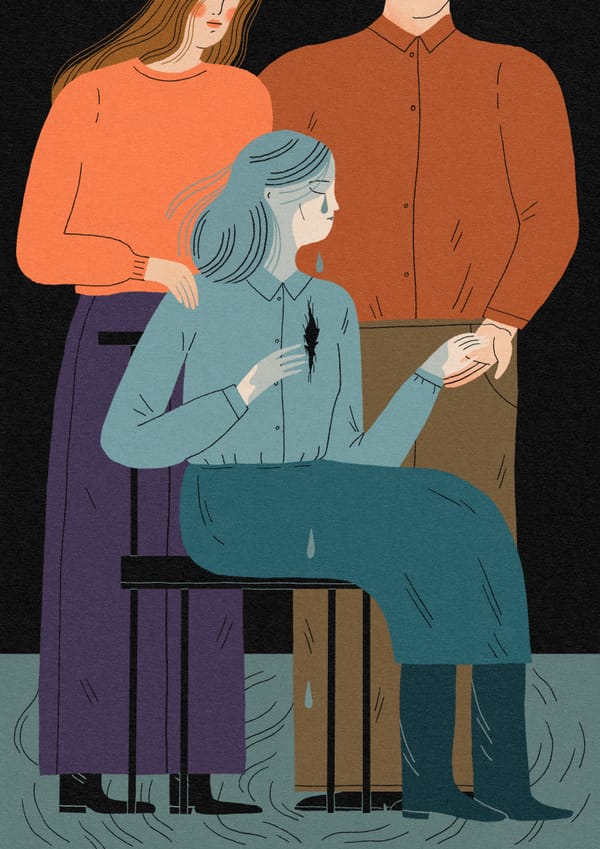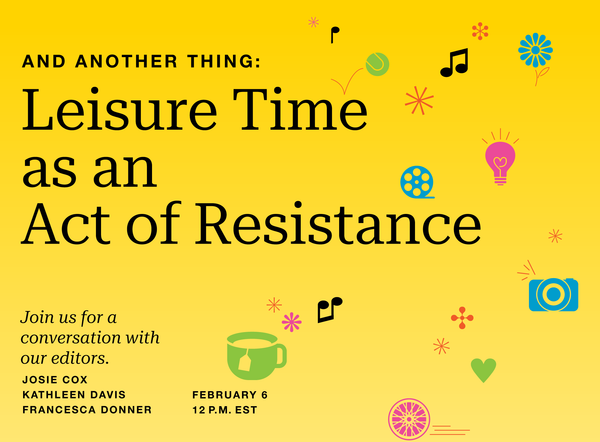‘I Would Never Suggest This is All in Your Head, But…’
Amid a parenting mental health crisis, it helps to remember that whatever private hell you might be feeling, you’re likely not alone.
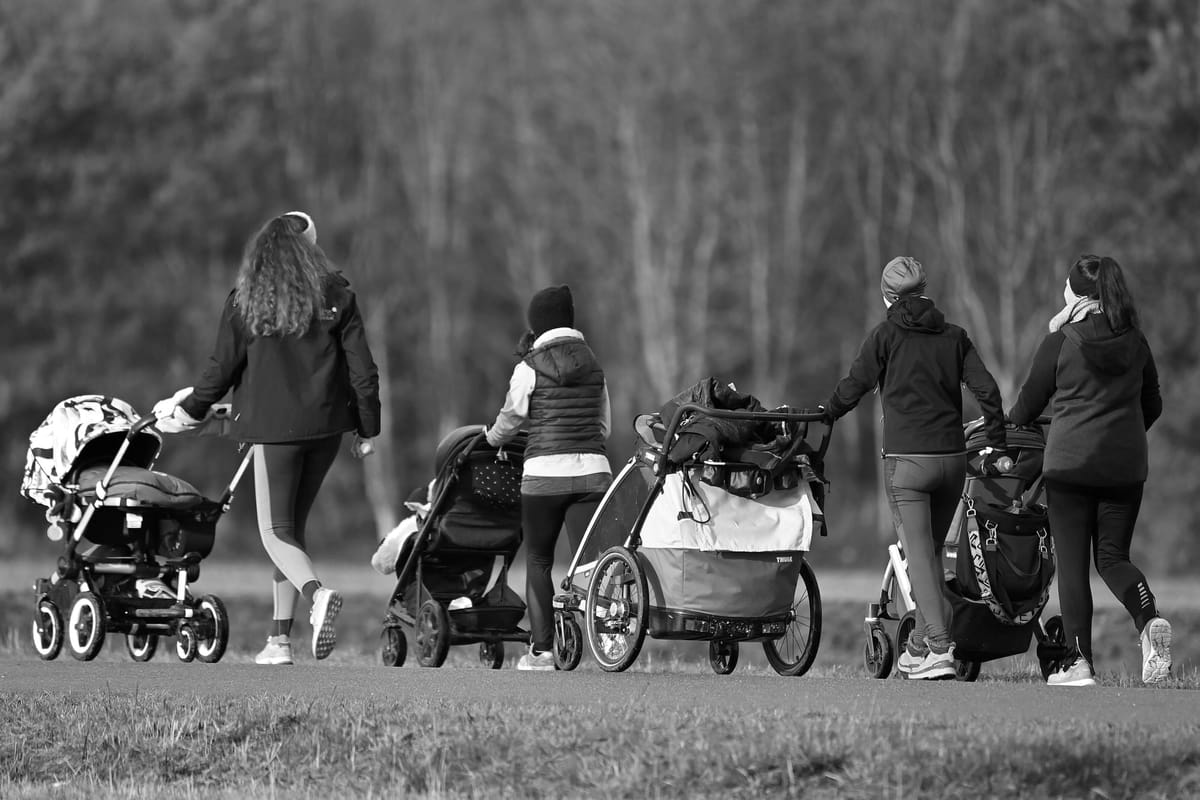
At the end of January I started noticing a strange sensation in my chest. Several times a day it felt like my heart was skipping a beat and then catching up on that missed beat; a sort of palpitation or an arrhythmia. It didn’t hurt, it was just a bit startling.
It wasn’t the first time this had happened so I wasn’t too worried—at least not at first. I’d noticed something similar happen periodically in the past, when I was really tired or really stressed. I felt it when I was pregnant and in the early months of the Covid-19 pandemic. Looking back on it, I’ve come to think of these moments as WTF periods: Stretches that could last weeks or months when I felt totally untethered and unsure of what was happening, and what was next.
But in January it was different. The apparent skipped heartbeats started happening a lot. Sometimes several times an hour, every hour. And when they happened, it was often hard to catch my breath. Once, while sitting in the back of a cab on a work trip to Chicago, it happened so intensely that for several seconds I thought I was going to faint. Despite my loathing for the American medical system, its cryptic bureaucracy and finger-in-the-air approach to cost structures, I decided to get checked out.
Two electrocardiograms and an ultrasound later, I had some answers. Thankfully, none were sinister. I occasionally experience, it seems, an extra heartbeat.
“But why?” I asked the spritely young doctor when he revealed the diagnosis, with which he himself was clearly quite fascinated. “Honestly, it could be any number of things,” he responded. “I would never suggest this is all in your head,” he continued, mercifully conveying that no, he’s not in the habit of medically gaslighting women, “but have you been particularly stressed recently?”
I shrugged: “Not that I know of.”
But, hang on one second, was that true?
I mentally backpedalled.
Democracy is under fire. The media industry—the only industry in which I’ve ever worked—is fraying at the seams. Free speech is at stake. The planet is burning. Wars are raging. Humanitarian crises are everywhere. My mom is having surgery. I’m parenting a first grader who’s having a tough year. Her birthday party invites need to go out. And we’ve run out of milk.
“Yes, doctor,” would’ve been a far more honest response, “I have felt particularly stressed recently.”
The So-Called Village is Elusive
Generally, I’ve never been someone who’s shied away from admitting that something is tough. When I’m sick, the world knows it. But in the weeks since learning about my extra heartbeat I’ve found myself wondering whether I’ve actually truly been admitting to myself how I feel about what’s going on around me—and specifically about how I’m faring as a parent.
Yes, you did read that correctly. In the face of fires and wars and the rise of AI and the assault on women’s rights and the erasure of civil liberties, I am also worrying about my ability as a parent.
Up until recently, I don’t think I’d realized that. I also don’t think I’d internalized that others around me might be feeling the same strains and stressors. We may live in a world that’s more connected than ever before, but as busy individuals our modus operandi still seems to be to course through the day getting sh*t done and barely stopping to talk about how we’re all coping. Where’s my village when I need it?
Last week, when the Journal of the American Medical Association—JAMA—published a huge new study on the trends in maternal health, I was, like so many of us, horrified by the overarching takeaway: Mothers in America are not OK. The almost 200,000-person study found that, between 2016 and 2023, the percentage of mothers in America who rate their mental health as “excellent” has dropped precipitously, and those who characterize it as “poor” has risen. Single mothers and mothers of kids who are uninsured or who rely on Medicaid have seen a particular rise in poor mental health.
Stressors vary widely from the rising cost of food and housing, to childcare expenses and a lack of national paid parental leave. And mothers, the study found, are doing significantly worse than fathers, because women still shoulder a disproportionate burden of unpaid labor.
But as I sifted through these depressing findings, I also felt oddly—and maybe even slightly awkwardly—comforted.
It turns out, I am so so normal. There are hundreds of thousands of other mothers out there, who, just like me, are staring at the ceiling at 4 a.m. unable to stop worrying about their child’s health and wellbeing. Am I raising a monster? Am I raising a snowflake? Will my child ever learn to read??
So many of us spend our days solving the constant mental arithmetic that’s essential to keep our households running smoothly. We may not know about it or hear each other, but it turns out we’re all collectively screaming into the void at the same time. And there’s something undeniably soothing about that.
The Struggle is Real
For generations, we’ve taught our children that comparison is the thief of joy. But when it comes to parenting, my goodness, where to begin? I try to wear blinkers as much as possible, not dwelling too much on whether my child is hitting some—possibly trivial and baseless—milestones at the same time as her peers, but when someone recently told me his 4-year old was reading at third-grade level just as I was expressing concern about my own child keeping up in class, I couldn’t help but feel utterly flat.
As I navigate this parenting journey, though, I’ve also come to realize that comparison can be something else, too. It can be a source of comfort. This might be a hard thing to admit, but when someone is struggling as much as you are, your own burden can feel just that little bit lighter. We’ve been conditioned not to say it out loud—it can verge on feeling boastful or privileged; it can land as schadenfreude—but another person’s load can create a sense of relativity that can be the difference between being able to face the day and not.
Every day, as I go through the motions of trying to raise a child, build a career, maintain a home and look after my own health, I reflect on the things I have that make this road smoother. I live in a dual-income household. I’m educated. Everyone in my family has health insurance and is documented. On the U.S. household income distribution, we fall into the top 1%.
In the past, these privileges would’ve made me want to avoid a conversation about the challenges of parenting at all costs. That old well-worn ‘first world problems’ trope. But this achieves nothing. Struggles are legitimate. Feelings are real. Suppressing this only reinforces the misconception that if you’re having a tough time you’re the odd one out.
We’re Not Doing Fine
My hope is that more research like JAMA’s paper doesn’t only raise awareness of a nationwide epidemic, but also makes it easier for any of us—parent, stepparent, grandparent or none of the above, privileged or less so—to recognize and admit when we have been, in my physician’s words, “particularly stressed.”
My hope is, also, that it helps us feel some version of community in a world in which that can feel vanishingly rare. In a country of immense disparities in wealth and rights, it feels trite and lazy to say that we’re all in this together. That’s plainly untrue. But what feels important is to live in such a way that encourages those around us to acknowledge when they’re not doing fine; because chances are, they’re not alone.
The good news—because there is some good news—is that as I became more comfortable with the idea of being stressed and anxious and overwhelmed by all things related to parenting—and, admittedly, by many things not related to parenting—my heart palpitations became less frequent. Over the last week or so, I’ve only had that weird fluttery sensation in my chest once or twice.
Self-care can come in all different forms. Perhaps one version of it is giving yourself permission to accept that your body is trying to tell you something about your mind. Perhaps another is reading an academic study and learning that hundreds of thousands of mothers are having a tough time, just like you. All I know is that I’m muddling through and trying to do what I can. After all, that really is the best any of us can do.
